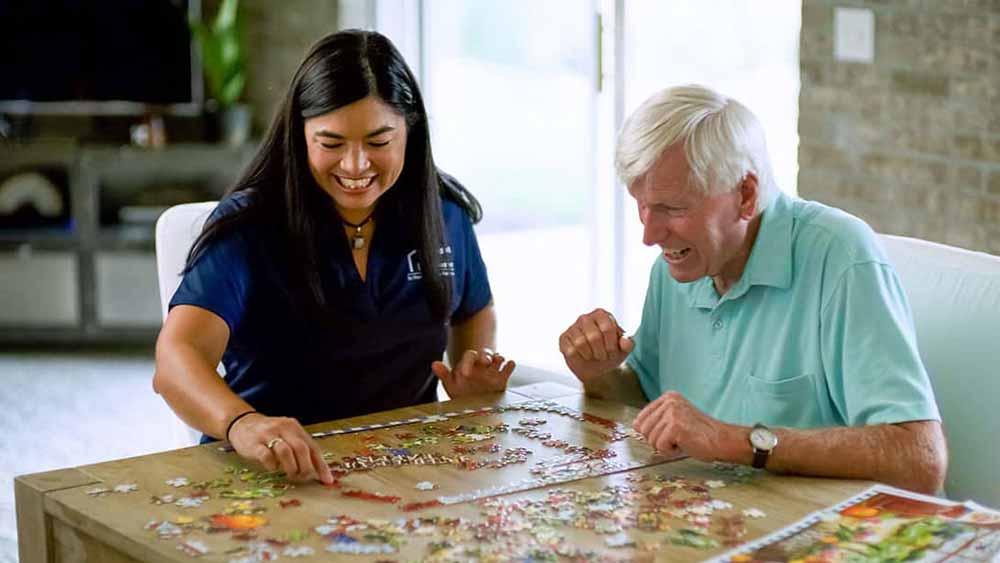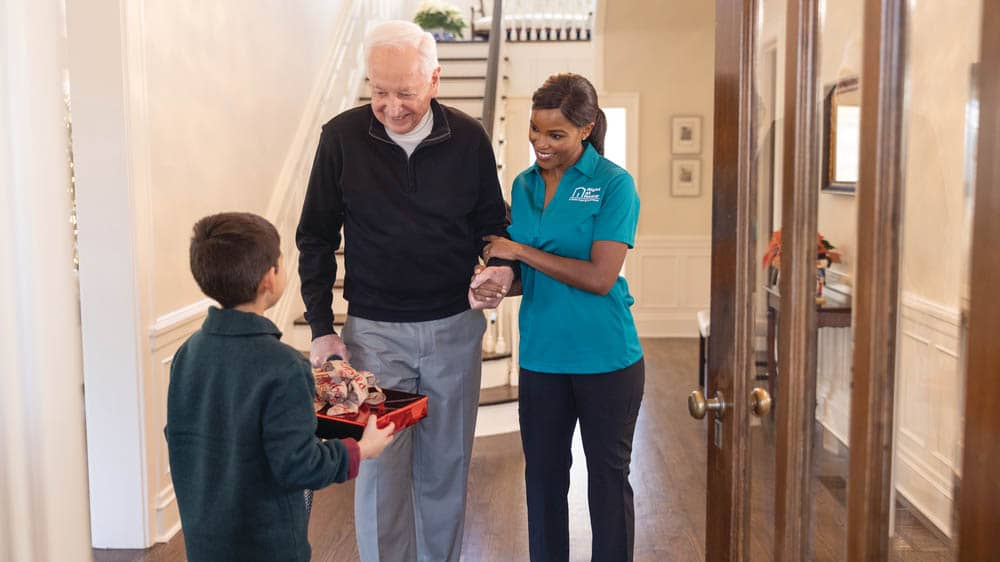

How Is Dementia Diagnosed?
With dementia cases on the rise, it’s no wonder many older people are concerned about whether they will get the disease. Even an instance of normal forgetfulness—say, forgetting where the car keys are—might cause alarm. But cognitive impairment and dementia are complex and not easily diagnosed.
At the same time, early detection and accurate diagnosis are very important. The sooner doctors have a clear idea of what’s causing symptoms, the sooner they can start treating the patient.
MMSE Examination
So, how is cognitive impairment or dementia diagnosed? The most common method is the mini-mental state examination (MMSE). It involves a brief, structured test of cognitive functions, including memory, attention, language, and visuospatial skills. The health care professional asks specific questions (such as “What year is this?”) and guides the patient through simple exercises involving paper and pencil.
While the MMSE has been used since 1975, it does have limitations. It might not always capture the early stages of cognitive decline, and it may not differentiate between types of dementia. For those and other reasons, the MMSE is not enough on its own for a doctor to accurately diagnose dementia. Here’s a look at some effective alternatives that offer a broader assessment.
Effective Options for Testing for Dementia
There are various alternatives to the MMSE to determine one’s cognitive health. These include:
- Montreal Cognitive Assessment (MoCA)
Who it’s for: Individuals showing signs of mild cognitive impairment, early Alzheimer’s disease, or those who score near normal on the MMSE but still show signs of possible cognitive decline. Why it’s used: The MoCA is more sensitive to detecting mild cognitive impairment than the MMSE. - Addenbrooke’s Cognitive Examination (ACE)
Who it’s for: Those needing a detailed evaluation that can help differentiate between types of dementia. Why it’s used: ACE is comprehensive and useful for a thorough assessment. It evaluates memory, attention, fluency, language, and visuospatial abilities, providing a well-rounded picture of cognitive health. - Clock Drawing Test
Who it’s for: This test is used alongside other tests for a quick assessment of executive function and visuospatial abilities. Why it’s used: It’s a simple and effective tool that can be administered quickly and can highlight cognitive issues that might not be picked up in verbal-only tests like the MMSE. - Functional Assessment Staging Test (FAST)
Who it’s for: Individuals who have received an Alzheimer’s disease diagnosis. Why it’s used: FAST focuses on the level of functioning and abilities in daily activities rather than cognitive testing alone. This helps caregivers and medical professionals plan appropriate care. - Global Deterioration Scale (GDS)
Who it’s for: Caregivers and medical professionals monitoring the stages of cognitive decline. It is also known as the Reisberg Scale. Why it’s used: It helps doctors understand the progression of dementia, helping them plan and manage treatment. - Neuropsychological Testing
Who it’s for: Those needing a comprehensive evaluation to help doctors understand specific cognitive deficits and strengths. Why it’s used: These tests provide a detailed cognitive profile and can help diagnose various types of cognitive impairments and neurological conditions.
Choosing the Best Tool
Doctors consider the individual’s symptoms, medical history, and specific needs when deciding which tools to use. They might use a combination of these tests to get the best insight into an individual’s cognitive health.
How Right at Home Can Help
If you are supporting a loved one with Alzheimer’s disease or other type of dementia or would like more information about the condition, Right at Home is here to assist. We provide specialized nonmedical home care for those with dementia or cognitive change. Check out our Alzheimer’s, Dementia, and Cognitive Change services webpage for information, including our free download, “A Guide to Supporting Loved Ones With Dementia or Cognitive Change.” Or, use our office locator to find the location nearest you for more information.
Interested in receiving ongoing tips, information, and advice in your email inbox? Subscribe to our monthly Caring Right at Home e-newsletter today.







